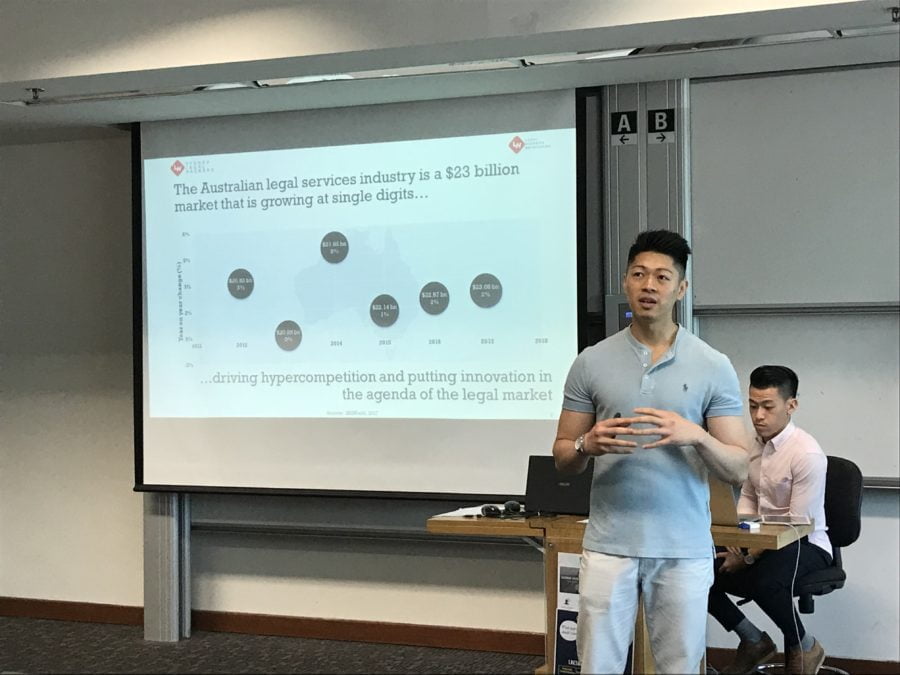Written by Tristan Koh, Utsav Rakshit | Edited by Josh Lee
Introduction
Zegal is a collaborative cloud-based legal technology platform that aims to transform the way legal services, such as document generation and legal workflow management, are delivered. Formerly Dragon Law, it has come a long way from starting off purely as an automated contract generation software. Today, the platform integrates automated contract generation seamlessly with legal workflow management in the cloud.
LawTech.Asia was given a chance to meet with Zegal Singapore’s Co-founder, Stephan Hablutzel, and view an in-depth product demo of Zegal’s latest product, Zegal 2.0.
Stephan formerly worked as a top-level executive in several MNCs. From his frequent use of legal services in the past, he and the Zegal team have used their deep understanding of common pain points in legal services to create a product that is client-centric. In particular, Zegal makes legal services far more accessible to small and medium-sized companies and eschew the traditional reservation of full-scale legal services for large corporations.





